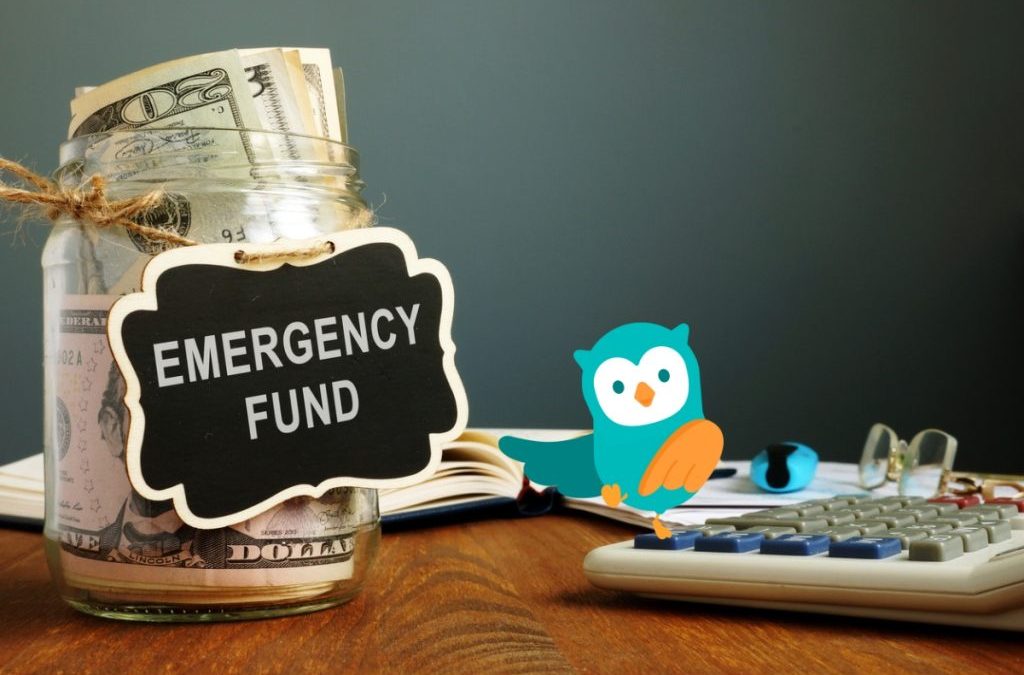Theme for November: Security, Winter Readiness, and Family Protection
Why This Matters
As we enter the season of gratitude and gathering, November reminds us not only of what we have—but of what we must protect.
Financial emergencies rarely come with warning signs: a job loss, a medical diagnosis, a broken-down car, or a furnace that fails during a cold snap. These moments can disrupt even the most careful budget and place families in crisis.
That’s why financial resilience is a core pillar of true wellness. And that resilience begins with two powerful tools:
✅ An emergency fund
✅ The right insurance coverage
This month, we challenge you to think beyond saving and spending. Ask yourself: Can my finances survive the unexpected?
If not—how can you build a cushion that protects your peace?
Real-Life Story: Tonya’s Furnace, Flat Tire, and Fresh Start
Tonya, a single mother of three in Southeast DC, thought she was doing everything right. She followed a strict budget, paid her bills, and chipped away at credit card debt. But last winter, her 20-year-old furnace failed—the same week her car needed $600 in repairs.
With no emergency fund and no renters insurance, she turned to payday lenders. Within two months, she was skipping meals to pay back interest.
Then she connected with a financial counselor through a local nonprofit. Together, they built an emergency plan, applied for utility assistance, and started a $10-per-week savings habit in a separate account.
One year later:
-
$700 in her emergency fund
-
No more payday loans
-
$12/month renters insurance
“It’s not a fortune,” Tonya says. “But it’s my peace. And my power.”
Emergency Funds: Your First Line of Defense
-
Start with a goal of $500 to $1,000
-
Gradually build toward 3–6 months of essential expenses
-
Open a separate savings account (preferably with no ATM card)
-
Automate transfers—even $10/week makes a difference
-
Use tax refunds, bonuses, or “extra” pay periods to build faster
-
Label it clearly: For Emergencies Only
This isn’t just savings—it’s your buffer between chaos and calm.
Insurance: The Unsung Hero of Financial Planning
Many families go uninsured—not because they don’t care, but because they don’t know where to start or assume coverage is too expensive. The truth? Some protection costs less than a cup of coffee per week.
Review these essentials this month:
-
Health Insurance – Covers illness, accidents, preventive care
-
Renters/Homeowners Insurance – Protects belongings from fire, theft, or disaster
-
Auto Insurance – Review deductibles and ensure fair pricing
-
Disability Insurance – Crucial if you rely on your paycheck
-
Life Insurance – Vital if others depend on your income
These aren’t just bills—they’re lifelines for your family.
Household Resilience: Build Your Emergency Readiness Plan
-
Create a crisis checklist: What would you do if your income stopped tomorrow?
-
List all insurance policy numbers and emergency contacts
-
Store key documents in a fireproof box or secure cloud folder
-
Talk with family about who to contact and where to go in an emergency
-
Keep a small cash reserve at home in case of power or banking issues
DMV-Area Resources for Emergency Assistance
-
Maryland Energy Assistance Program (MEAP) – Winter utility support
-
DC Emergency Rental Assistance Program (ERAP) – Prevents eviction
-
Virginia Energy Assistance – Heating/fuel aid and furnace repairs
-
Catholic Charities & United Way NCA – Food, rent, and utility help
-
Capital Area Food Bank – Local food assistance
-
Call 2-1-1 – Access community emergency services across MD, DC, and VA
What You Can Do This Month
✅ Open a separate emergency savings account (even $10 to start)
✅ Add at least one missing insurance policy to your safety net
✅ Check your eligibility for local energy or rent assistance
✅ Create or update your family emergency plan
✅ Automate weekly savings transfers toward your crisis fund
Closing Thoughts
Emergencies don’t wait until you’re ready.
They come fast, hit hard, and test your foundation.
But you can be ready.
You don’t need a perfect budget or six-figure income to build protection. You just need intentionality, structure, and support.
This November, give thanks—and give yourself a plan.
Because resilience is the greatest wealth of all.
Dr. Bertrand Fote, MD, MBA, CF2
Certified Financial Fiduciary® | Emergency Physician | Advocate for Financial Wellness & Equit

